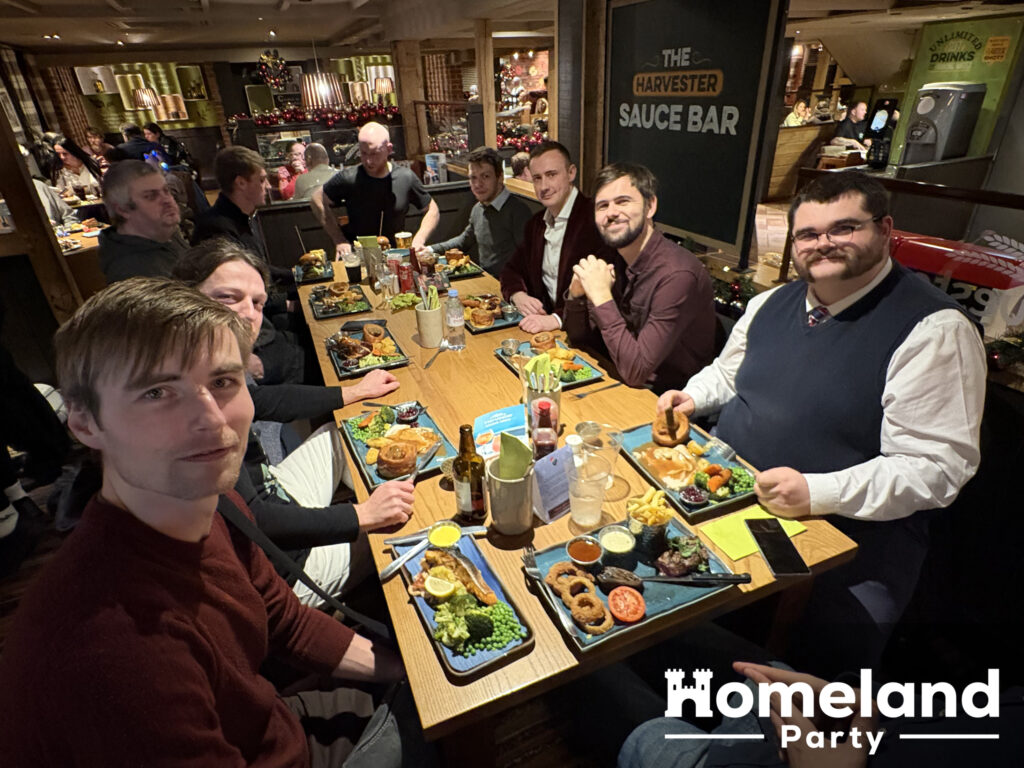Metropolitan Police firearms officers have been handing in their weapons after a force marksman was charged with the murder of Chris Kaba.
The officer accused of his murder, named only as NX121 after a district judge granted an anonymity order, appeared at Westminster Magistrates’ Court and the Old Bailey on Thursday.
24-year-old Kaba died in Streatham Hill, southeast London, in September last year after he drove his car into a marked police car. Mark Rowley, the commissionaire for the Met, is reported to have met with 70 firearms officers who are “understandably anxious” following the murder charge of their colleague.
A Met spokesperson said, “Many are worried about how the decision impacts on them, on their colleagues and on their families.”
“They are concerned that it signals a shift in the way the decisions they take in the most challenging circumstances will be judged.
“A number of officers have taken the decision to step back from armed duties while they consider their position. That number has increased over the past 48 hours.
“We are in ongoing discussions with those officers to support them and to fully understand the genuinely held concerns that they have.”
It has to be noted that Kaba had attempted to ram his way through a police blockade when the single shot was fired. Right or wrong, the police, especially the armed response, have to make snap life-and-death decisions.
Unfortunately for the officer, who now has a murder charge hanging over him, there is more than just a jury decision to worry about. Whilst we may not see a trial by media, the judge and jury will be acutely aware that if the officer is acquitted, we may see scenes akin to the BLM riots from a few years back.
The use of firearms by the UK Police has been a subject of ongoing debate for a considerable period. On one side of the discussion, cities like London and Birmingham have experienced high crime rates that have been part of urban life over the last two decades. This has made it challenging for law enforcement officials to maintain peace and order in these areas.
This issue is often seen as an inevitable consequence of living in a diverse and multicultural city where socioeconomic disparities, racial tensions, and other factors contribute to increased criminal activity.
In contrast, rural England or old England is characterised by close-knit communities that are relatively uniform in their makeup. Crime in these areas is typically viewed as a minor inconvenience rather than a significant problem, and the police tend to have a more community-oriented approach to law enforcement.
In such places, the presence of a police officer carrying a firearm would likely be perceived as an unusual and uncommon occurrence. However, in recent years, there has been a growing concern among law enforcement officials regarding the rising threats of terrorism and organised crime, which has led to a significant shift in police tactics and the use of firearms. As a result, the debate around the use of firearms by the UK Police continues to be a complex and nuanced issue with no easy answers.
The responsibility of maintaining law and order lies with the police. I can understand the pressure they face, especially when the government views them as the primary source of oppression. It is a complex issue that requires a balanced approach, and it is essential to acknowledge the challenges faced by law enforcement while also working towards addressing issues of police brutality.
The United Kingdom gives officers two choices: the idyllic Bobby-like heartbeat or the chaotic adrenaline-fueled action of Miami Vice. Unfortunately for Officer NX121, he chose the latter.


